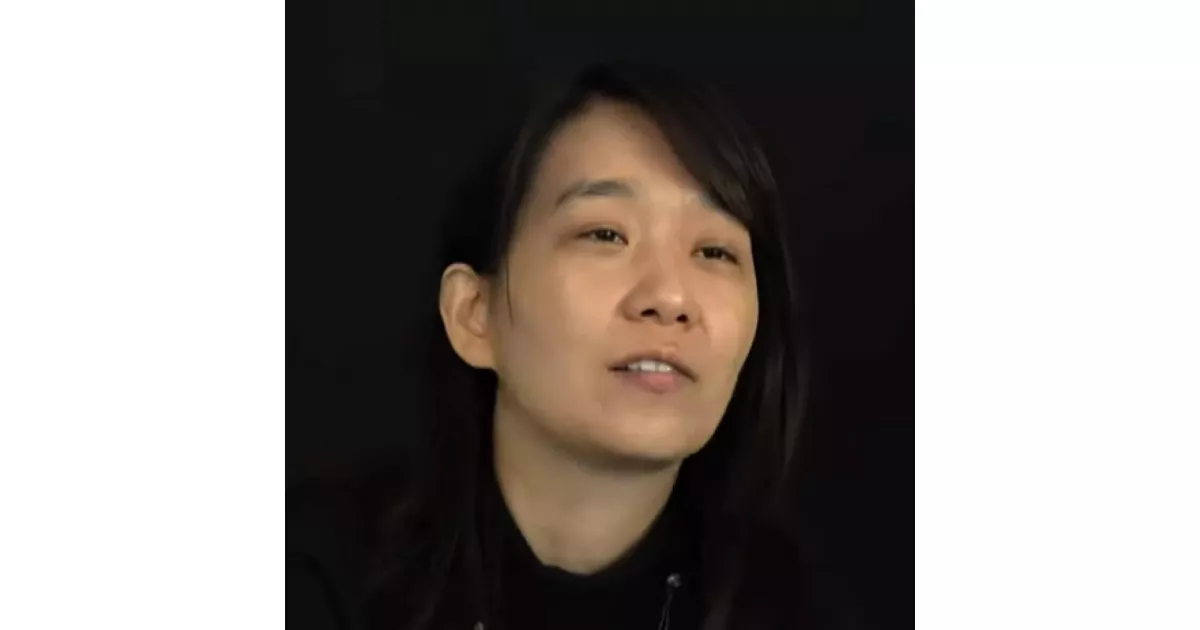Han Kang is a celebrated South Korean author renowned for her novel "The Vegetarian." This book delves into the story of a woman grappling with mental illness and facing disregard from her family. The English translation of "The Vegetarian" achieved a significant milestone in 2016 by becoming the first Korean novel to receive the prestigious International Booker Prize for fiction.
1948: Jeju Uprising
The Jeju Uprising, a significant event in Korean history, took place in 1948. Though not directly related to Han Kang, it forms the historical backdrop of her novel "We Do Not Part".
November 1970: Relocation to Suyuri
Following her birth in November 1970, Han Kang's family moved to Suyuri.
November 27, 1970: Birth of Han Kang
Han Kang was born on November 27, 1970, in Gwangju, South Korea.
1993: Literary Debut with Poems in "Literature and Society"
Han Kang's literary journey began in 1993 when five of her poems, including "Winter in Seoul," were published in the Winter issue of "Literature and Society" quarterly.
1995: Publication of First Short Story Collection, "A Love of Yeosu"
In 1995, Han Kang published her first collection of short stories, "A Love of Yeosu," which garnered recognition for its meticulous and tightly structured narratives.
1998: Participation in University of Iowa's International Writing Program
In 1998, Han Kang participated in the International Writing Program at the University of Iowa.
1999: 25th Korean Novel Award for "Baby Buddha"
Han Kang's novella "Baby Buddha" earned her the 25th Korean Novel Award in 1999.
2000: Today's Young Artist Award
Han Kang received the Today's Young Artist Award in 2000.
2002: Publication of "Your Cold Hands"
Han Kang published her novel "Your Cold Hands" in 2002, which tells the story of a sculptor and their model.
2005: Yi Sang Literary Award for "Mongolian Mark"
Han Kang won the Yi Sang Literary Award in 2005 for her work "Mongolian Mark".
2007: Release of "Quietly Sung Songs" Novel and Accompanying Album
In 2007, Han Kang released "Quietly Sung Songs", a novel for which she also composed, wrote lyrics for, and recorded ten songs, released as an accompanying album. Though initially hesitant to sing, she was persuaded by musician Han Jung Rim.
2010: Dong-in Literary Award for "Breath Fighting"
In 2010, Han Kang was awarded the Dong-in Literary Award for her work "Breath Fighting".
2013: Ae-ran Kim Becomes Youngest Recipient of the Yi Sang Literary Award
In 2013, author Ae-ran Kim surpassed Han Kang as the youngest recipient of the Yi Sang Literary Award, receiving it at the age of 32.
January 2016: Release of "Human Acts"
Han Kang's novel "Human Acts" was released by Portobello Books in January 2016.
2016: "The Vegetarian" Earns International Acclaim and Sparks Translation Controversy
Despite prior international recognition, "The Vegetarian" was Han Kang's first novel translated into English, by Deborah Smith. The translation garnered both praise and controversy for its accuracy, with some scholars pointing out errors and misattributions of dialogue. The translated work won the 2016 Man Booker International Prize and was featured in "The 10 Best Books of 2016" by The New York Times Book Review.
2016: "The Vegetarian" Wins International Booker Prize
In 2016, Han Kang's novel "The Vegetarian", translated by Deborah Smith, became the first Korean language novel to win the prestigious International Booker Prize.
October 2017: Premio Malaparte Awarded for "Human Acts" Italian Translation
On October 1, 2017, Han Kang was awarded the Premio Malaparte for the Italian translation of "Human Acts," titled "Atti Umani" and published by Adelphi Edizioni.
2017: Publication of Autobiographical Novel "The White Book"
In 2017, Han Kang published "The White Book," an autobiographical novel exploring the loss of her older sister, who died shortly after birth.
2018: Contribution to the Future Library Project
Han Kang was selected as a contributor to the Future Library project in 2018, becoming the fifth writer to receive this honor.
2018: "The White Book" Shortlisted for International Booker Prize
Han Kang's novel "The White Book" was shortlisted for the 2018 International Booker Prize.
2021: Release of "We Do Not Part"
Han Kang's novel "We Do Not Part" was published in 2021. The story follows a writer delving into the 1948-49 Jeju uprising and its lasting effects on her friend's family.
2023: Elected as a Royal Society of Literature International Writer
Han Kang was elected as an International Writer of the Royal Society of Literature in 2023.
2023: English Translation of "Greek Lessons" Published
Han Kang's fourth full-length novel, "Greek Lessons," was published in English translation in 2023.
2023: French Translation of "We Do Not Part" Receives Prix Médicis Étranger
The French translation of Han Kang's novel "We Do Not Part" was awarded the Prix Médicis Étranger in 2023.
2024: Nobel Prize in Literature Awarded to Han Kang
Han Kang was awarded the Nobel Prize in Literature in 2024, becoming the first Korean recipient. The Swedish Academy recognized her "for her intense poetic prose that confronts historical traumas and exposes the fragility of human life".
2024: Awarded the Nobel Prize in Literature
In 2024, Han Kang received the Nobel Prize in Literature, with the Swedish Academy acknowledging her powerful prose that grapples with historical trauma and human vulnerability.
Mentioned in this timeline
Korea is a peninsular region in East Asia comprised of...
South Korea officially the Republic of Korea occupies the southern...

Books are a means of storing information as text or...
Iowa is a state in the U S Midwest bordered...
Trending

5 months ago Blue Angels Prepare to Soar Over Seattle for Seafair Weekend Festival Air Show

Rico Dowdle is an American professional football running back currently playing for the Carolina Panthers in the NFL He played...

7 months ago Ricky Pearsall sidelined from OTAs with hamstring injury; recovery and return uncertain.

2 months ago Jordan Love's wife, Ronika Stone, supports the Packers QB, balancing personal and professional life.

15 days ago Johnny Depp Describes His Life with Vanessa Paradis as 'Blissful' in Recent Statement.
6 months ago Denver Rattled: Rare 2.9 Magnitude Earthquake Shakes Colorado, Raising Questions About Seismic Activity
Popular

Candace Owens is an American conservative political commentator and author...

Ilhan Omar is an American politician currently serving as the...

XXXTentacion born Jahseh Dwayne Ricardo Onfroy was a controversial yet...

Tom Cotton is an American politician and Army veteran currently...

Kelsey Grammer is an accomplished American actor producer and singer...

Oprah Winfrey an American talk show host television producer actress...
